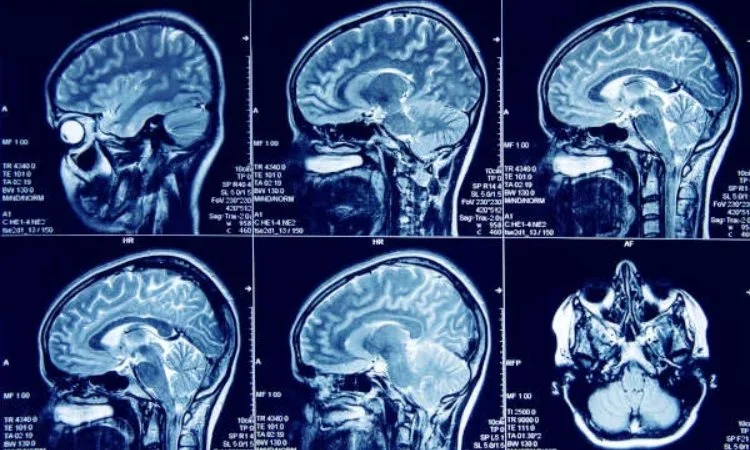Unveiling the Diagnostic Power of MRI: Detecting a Spectrum of Diseases
In the realm of medical imaging, Magnetic Resonance Imaging (MRI) stands as a technological marvel that has transformed the landscape of diagnosis. This non-invasive, radiation-free imaging technique has proven its worth across a spectrum of medical conditions, enabling healthcare professionals to delve into the intricate details of the human body like never before. In this blog post, we explore the types of diseases that can be detected through the remarkable capabilities of MRI.
Neurological Disorders: Peering into the Brain’s Mysteries
MRI’s unparalleled ability to visualize soft tissues makes it an indispensable tool in diagnosing a range of neurological conditions. From stroke and brain tumors to multiple sclerosis (MS) and Alzheimer’s disease, MRI scans provide detailed insights into the brain’s structure, blood flow, and abnormalities, aiding in early detection and precise treatment planning.
Orthopedic Conditions: Illuminating Musculoskeletal Health
When it comes to assessing musculoskeletal health, MRI offers a window into the intricate world of bones, joints, ligaments, and tendons. Orthopedic specialists rely on MRI to diagnose conditions such as fractures, ligament tears, herniated discs, arthritis, and rotator cuff injuries, ensuring accurate diagnoses and tailored treatment strategies.
Cardiovascular Diseases: Unveiling Heart and Vascular Health
MRI’s versatility extends to cardiovascular health, where it plays a vital role in diagnosing heart conditions. Cardiologists utilize MRI to assess cardiac function, detect congenital heart defects, evaluate blood flow, and identify issues like heart muscle damage following a heart attack. Additionally, MRI angiography visualizes blood vessels, aiding in the diagnosis of vascular diseases.
Abdominal and Pelvic Disorders: Unraveling Internal Organ Mysteries
For abdominal and pelvic diseases, MRI provides a non-invasive alternative to exploratory surgery. It aids in diagnosing conditions like liver and kidney diseases, pancreatic disorders, gastrointestinal issues, and gynecological conditions such as uterine fibroids and ovarian cysts. The clarity of MRI images enhances the accuracy of diagnosis and facilitates timely interventions.
Oncology: Guiding Cancer Diagnosis and Treatment
In the fight against cancer, MRI plays a pivotal role in detecting and staging tumors. By providing detailed anatomical images and revealing tissue characteristics, MRI assists oncologists in assessing tumor size, location, and extent, helping determine the most appropriate treatment approach.
Soft Tissue Pathologies: Illuminating Hidden Anomalies
Beyond the aforementioned categories, MRI is adept at detecting a variety of soft tissue pathologies. It aids in diagnosing conditions like abscesses, infections, inflammatory diseases, and cysts. Its capability to differentiate between various soft tissues contributes to precise diagnoses.
Pediatric Conditions: Minimizing Radiation Exposure
MRI’s radiation-free nature makes it particularly suitable for diagnosing conditions in pediatric patients. It aids in assessing congenital anomalies, brain development, spinal issues, and other pediatric diseases without subjecting young patients to ionizing radiation.
Conclusion
Magnetic Resonance Imaging (MRI) is a cornerstone of modern medicine, revolutionizing the diagnostic process and enhancing patient care. Its ability to produce detailed and clear images of the body’s internal structures has made it an indispensable tool across various medical disciplines. From neurological and orthopedic conditions to cardiovascular diseases and oncology, MRI’s diagnostic power shines through, offering healthcare professionals a profound understanding of disease processes and guiding them toward effective treatment strategies.
As technology continues to evolve, so does the potential of MRI in diagnosing a broader spectrum of diseases. The journey toward precision medicine and personalized care is significantly aided by MRI’s ability to uncover hidden anomalies, enabling medical professionals to tailor interventions and transform patient outcomes.
